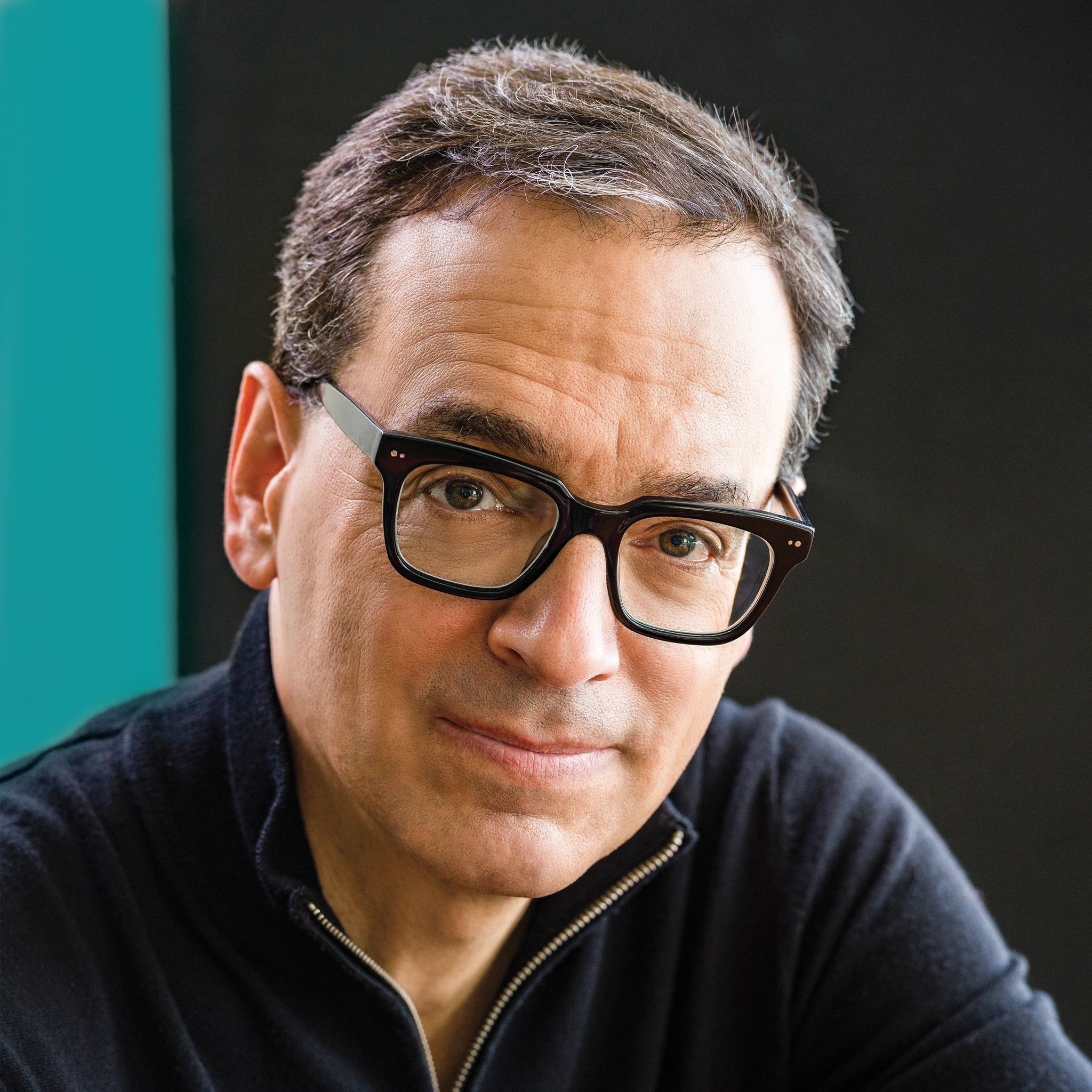 author
authorDante Alighieri
Dante Alighieri was born in 1265 in Florence. His family, of minor nobility, was not wealthy nor especially distinguished; his mother died when he was a child, and his father before 1283. At about the age of 20, he married Gemma Donati, by whom he had three children. Little is known of Dante's formal education-it is likely to have included study with the Dominicans, the Augustinians, and the Franciscans in Florence and at the university in Bologna. In 1295 he entered Florentine politics, and in the summer of 1300, he became one of the six governing Priors of Florence.
In 1301, the political situation forced Dante and his party into exile. For the rest of his life, he wandered through Italy, perhaps studying in Paris, while depending for refuge on the generosity of various nobles. He continued to write, and at some point, late in life, he took asylum in Ravenna, where he completed the Divine Commedia and died, much honored, in 1321. Dante’s Divine Comedy, a landmark in Italian Literature and among the greatest works of all medieval European literature, is a profound Christian vision of humankind’s temporal and eternal destiny.
On its most personal level, it draws on Dante’s own experience of exile from his native city of Florence On its most comprehensive level; it may be read as an allegory taking the form of a journey through hell, purgatory, and paradise. The poem amazes me with its array of learning, its penetrating and comprehensive analysis of contemporary problems, and its inventiveness of language and imagery. By choosing to write his poem in the Italian vernacular rather than in Latin, Dante decisively influenced the course of literary development. (He primarily used the Tuscan dialect, which would become standard literary Italian, but his vivid vocabulary ranged widely over many dialects and languages.)
Not only did he lend a voice to the emerging lay culture of his own country, but Italian became the literary language in western Europe for several centuries. In addition to poetry, Dante wrote important theoretical works ranging from discussions of rhetoric to moral philosophy and political thought. He was fully conversant with the classical tradition, drawing for his own purposes on such writers as Virgil, Cicero and Boethius But, most unusual for a layman, he also had an impressive command of the most recent scholastic philosophy and of theology. His learning and his personal involvement in the heated political controversies of his age led him to the composition of De Monarchia, one of the major tracts of medieval political philosophy.
Best author’s book




















